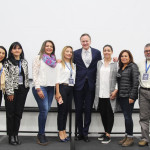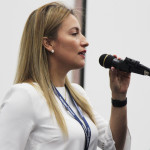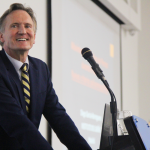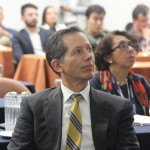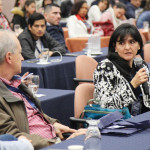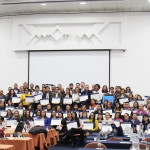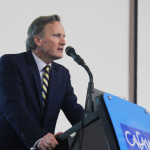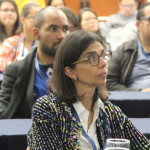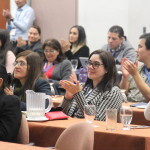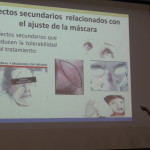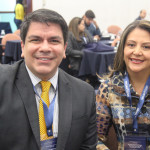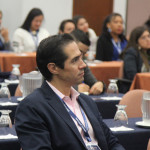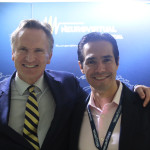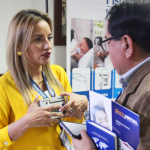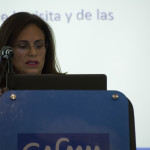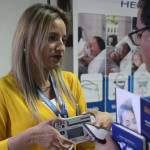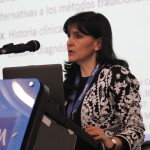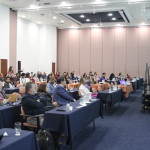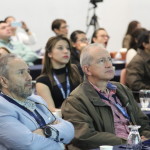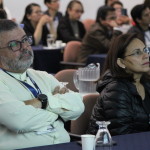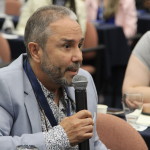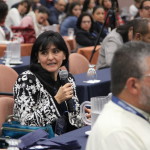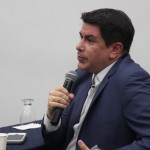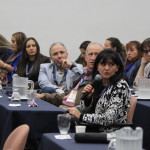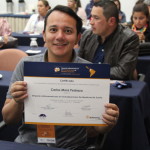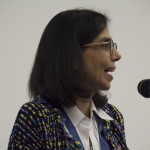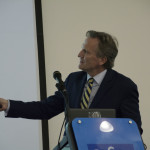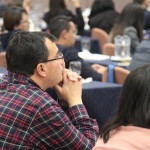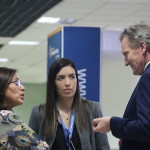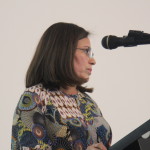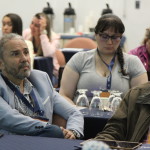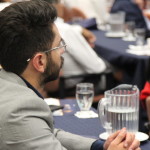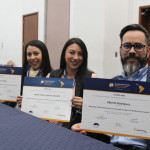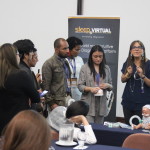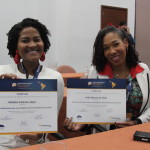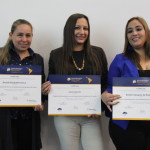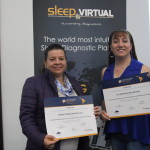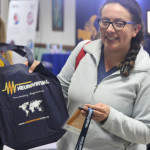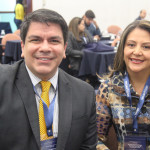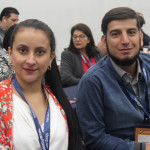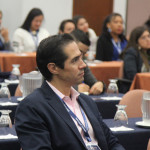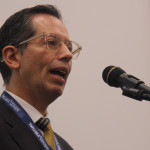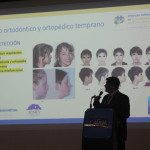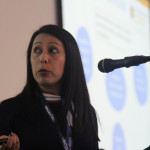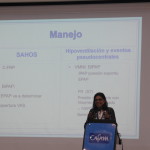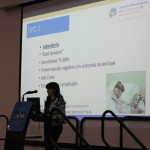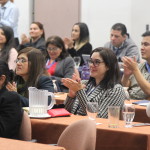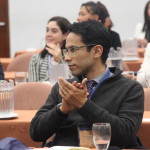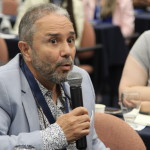Experts are unanimous: Sleep medicine is a booming specialty that is increasingly piquing the interest of students and professionals. Aware of this demand, Neurovirtual, in partnership with the Colombian Sleep Medicine Association (ACMES), promoted on October 11th and 12th the International Sleep Medicine Training Course, bringing together 140 specialists, including doctors, residents, technicians and physiotherapists who already work with polysomnography (PSG) and are interested in updating their knowledge on the subject.
Through a complete program, consisting of more than 15 lectures conducted by Colombian and foreign experts widely recognized in their fields, the event was a great success, confirmed by the satisfaction survey conducted at the end of the,symposium in which the rate of retention (participating in another program) exceeded 90%.
“This kind of symposium delivers value not only to physicians, but to all sleep-related specialties who can access updates, treatment alternatives, new diagnostic techniques, and the latest technology in the industry,” remarked Dr. Sandra Zabala, specialist in otorhinolaryngology and maxillofacial surgery and President of ACMES.
During the two days, the topics most relevant to the PSG sector presented were: highlighting best practices, innovations, and releases. “Sleep medicine is a very dynamic discipline and every day there is new information that needs to be shared,” said Dr. Marco Aurelio Venegas, scientific director of the event. These spaces are ideal because they allow different specialties to participate, interact, and inform each other,” he added.
In addition to organizing, Neurovirtual took the opportunity to reinforce its position in promoting innovative solutions for the sector. During his opening remarks and welcome to the participants, CEO Ed Faria reinforced Neurovirtual’s support for education and the relentless pursuit of solutions that humanize diagnosis and support the training of sleep medicine specialists throughout the world.
During the event, the company promoted its latest release, the HST Compass, and showcased its portfolio of sleep medicine solutions, highlighting the BWIII PSG PLUS, as well as the BWIII PSG and BWMini PSG/HST. Neurovirtual was represented during the symposium by its CEO, Ed Faria, the Latin America Sales Manager Andrea Parra and marketing coordinator Jéssika Brito.
Speakers
Neurovirtual talked to some speakers, who commented on the importance of attending the forum and gave details of their lectures.
Dr. Sandra Zabala addressed the topic “Are sleep medicine apps useful?” and explained the importance of her approach. According to her, technology is increasingly accessible to patients through their smartphones, and it is critical that experts learn to deal with this dynamic environment and act in a consultative manner. “We often receive patients with information regarding their quality of sleep and how they are sleeping, and we need to know about these applications in order to properly advise our patients,” she said.
In parallel, Dr. Diego Garcia Borreguero was quite emphatic in commenting about restless leg syndrome. This condition, which was considered a rare disease 30 years ago, is still not receiving all the necessary attention today, even though it is evolving. “Many people suffer from the condition unknowingly, while it is still difficult for some doctors to identify the syndrome, which I would say is the main neurological disorder responsible for some type of sleep disorder,” he explained. Fortunately, research is increasing and pointing to new perspectives: “There are already new criteria and methods for using polysomnography to aid in the diagnosis of these patients,” he affirmed.
Dr. Maria Angelica Bazurto presented the lecture “Type 2 and Type 3 Home Studies” and emphasized the advantages of this type of diagnosis. According to the specialist, “home-based polysomnography type 2 allows patients faster access to diagnosis, speeding up treatment when needed.”
In a lecture entitled “Indications and techniques: Multiple Sleep latency test and wake-up test,” Dr. Lina Tavera stressed the importance of creating protocols and the possibilities of performing the same actions done worldwide for this type of exam in Colombia as well.



